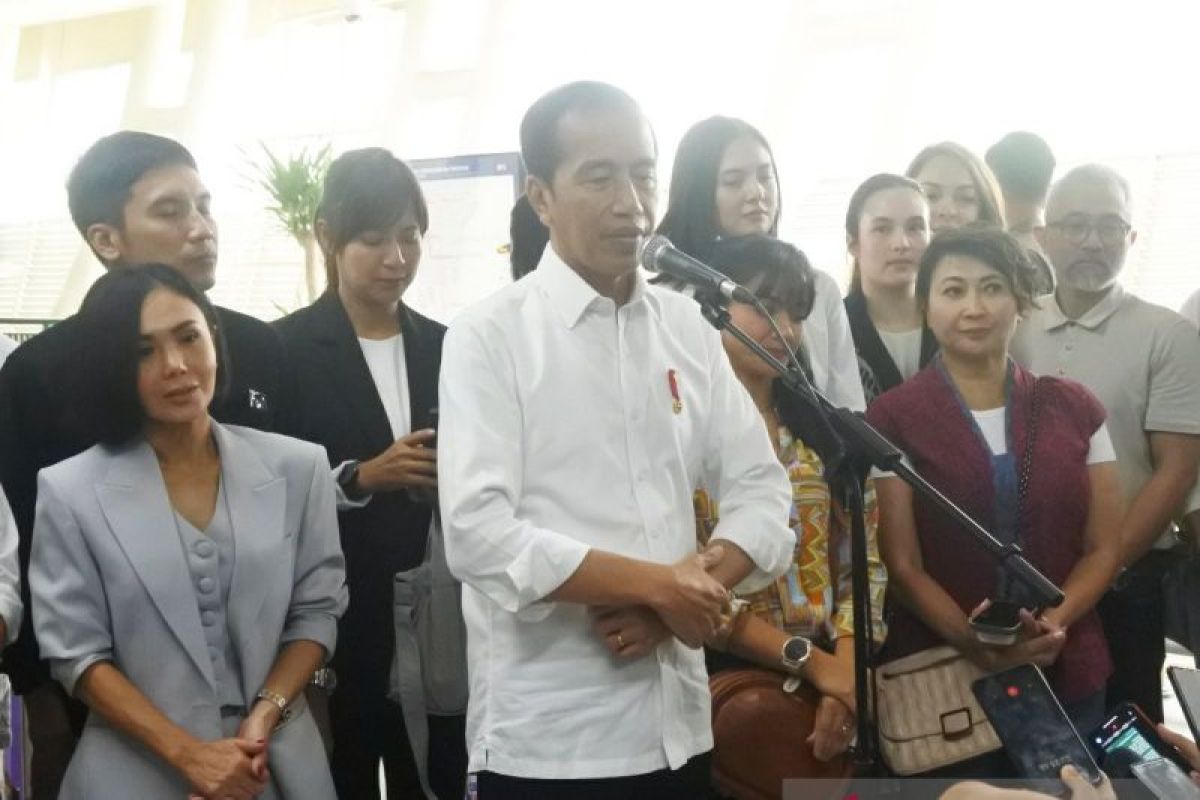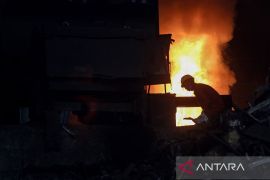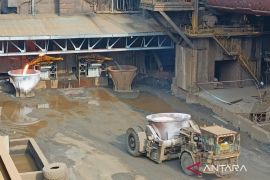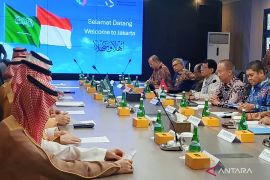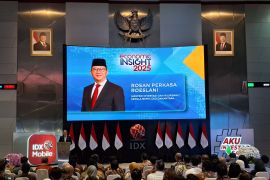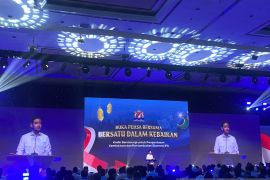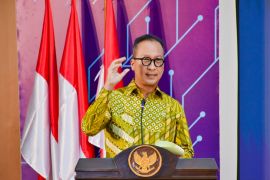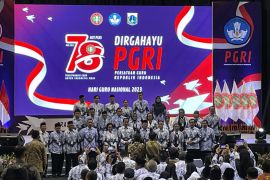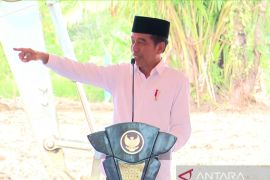"I do not think any country and international organization can stop our target for downstreaming," he stated at the Dukuh Atas LRT Station in Jakarta on Thursday.
Moreover, the head of state expressed no concern if the government is being sued by corporations or other countries for carrying out downstream operations.
Earlier, it was reported that Freeport Indonesia planned to file a lawsuit over the metal mineral concentrate export duty tariff regulations signed by Minister of Finance Sri Mulyani on July 12, 2023.
The regulation referred to Finance Minister's Regulation Number 7 of 2023 concerning the Stipulation of Export Goods Subject to Export Duty and Export Duty Tariff.
"There will be objections, and I think it is alright. However, the downstreaming will not be stopped. After stopping raw nickel export, we will continue with copper, cobalt, bauxite, and others," he remarked.
Related news: President highlights importance of downstreaming in boosting economy
Jokowi explained that the downstreaming of raw material refers to the government's effort to bring added value to the natural resources in order to optimally benefit the country.
The president explained that from the policy of banning exports of nickel raw materials in 2020, the country had recorded an increase in state revenue from the exports of value-added goods.
"When exported in the form of raw materials, we only received around Rp17 trillion a year. After the downstreaming industry, we can receive Rp510 trillion (a year)," he stated.
He remarked that the increase in state revenue came from Value Added Tax, Corporate Income Tax (PPH Agency), employee PPH, company PPH, export duty royalties, and other non-tax state revenues.
Related news: Indonesia open to working with PNG in mineral downstreaming: Widodo
Translator: Indra Arief P, Resinta S
Editor: Yuni Arisandy Sinaga
Copyright © ANTARA 2023
